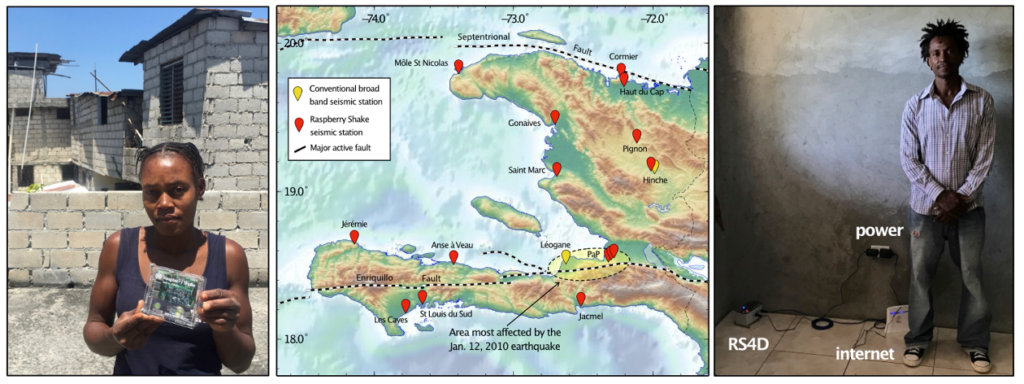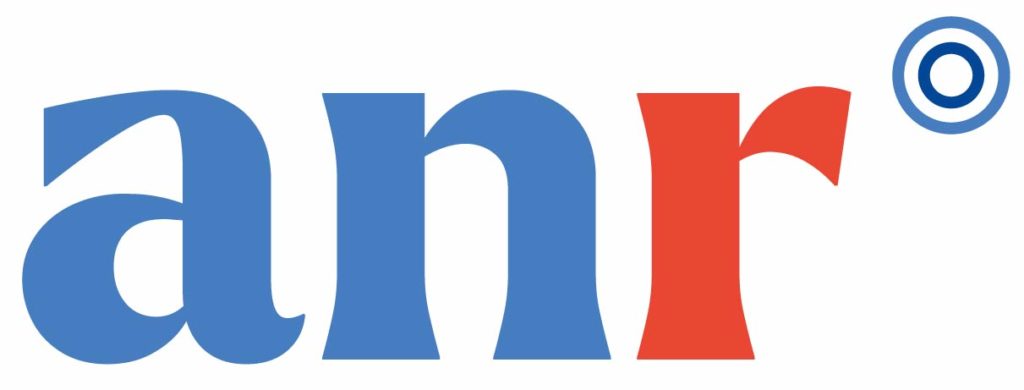Over the past 50 years, earthquakes have cost about US$ 800 billions – mostly in so-called developed countries – and 1.3 million human lives – mostly in so-called developing countries. Faced with these figures, which show no sign of inflection with time, the classic approach consists in formulating a scientific explanation of the natural phenomenon and adapting it to the public and decision-makers in order to trigger changes in behavior, or regulations, that should protect people and property. However, each major earthquake shows that these changes are slow, or even nonexistent, in particular in developing countries. This “top-down” approach indeed comes up against limiting factors linked to political governance, scientific capacity, socio-economic conditions, confidence in the State, cultural and religious elements, etc. The role of these factors on vulnerability is exacerbated in developing countries such as Haiti.
OSMOSE aims at determining if, and how, disseminating earthquake knowledge while placing citizens and communities at the heart of the mechanism of scientific information production can improve risk awareness and promote grassroots protection initiatives.

At the heart of OSMOSE are (1) citizen volunteers who host low-cost “RaspberryShake” (RS) seismometers that provide real-time, science-quality (and publicly available) seismic data over the internet, (2) a real-time earthquake detection platform operational 24/7, based on RS seismometers and conventional regional seismic stations, and (3) joint efforts from seismologists and sociologists to determine how to best interface the resulting information on earthquakes with RS hosts, the general public, and the governing authorities, while accounting for Haiti’s socio-economic specificities.
“I had no idea there were earthquakes every day in Haiti!”
Ann Hauge, RS host in Port-au-Prince
The key expected result of OSMOSE is a definition of the conditions that allow for the development and sustained support of an earthquake information system that empowers stakeholders by associating them to the information chain. At the intersection of seismological and social sciences, the project will advance current research on citizen sciences that aim to strengthen the link between environment and society, and between fundamental knowledge and operational action.

OSMOSE is funded by the French National Research Agency under project ANR-21CE03-0010